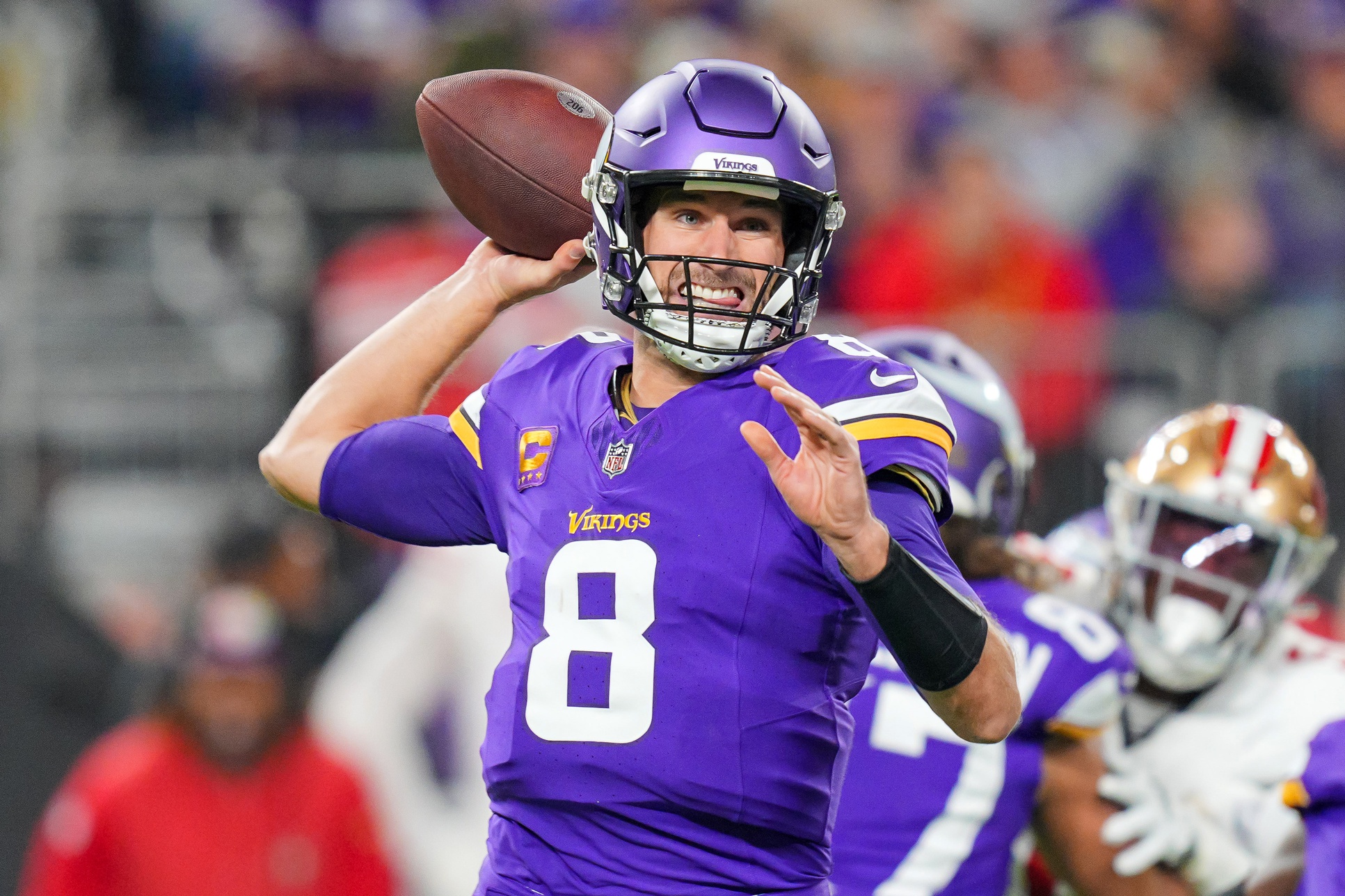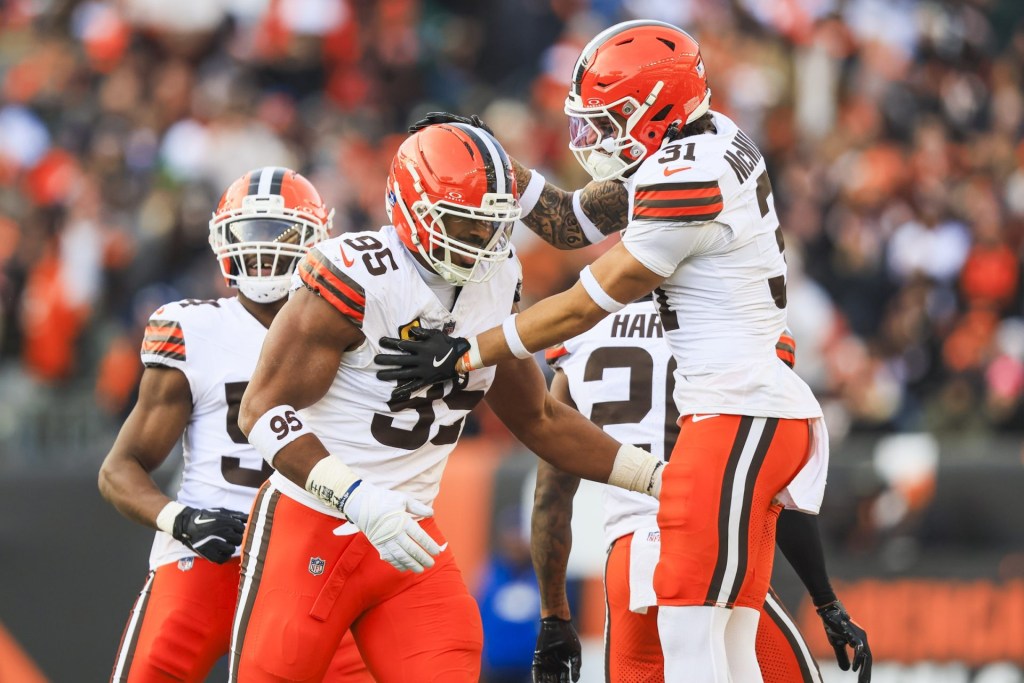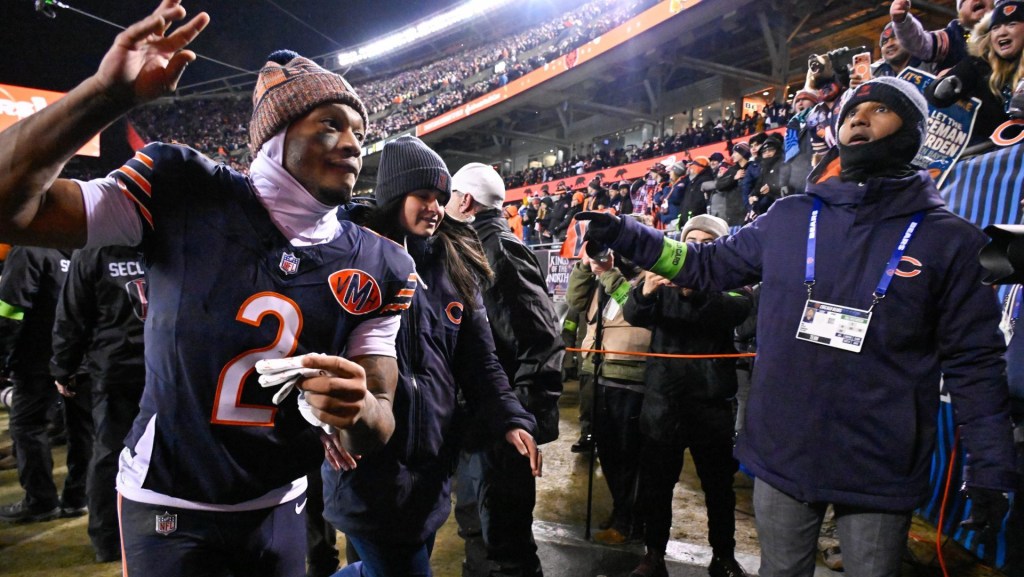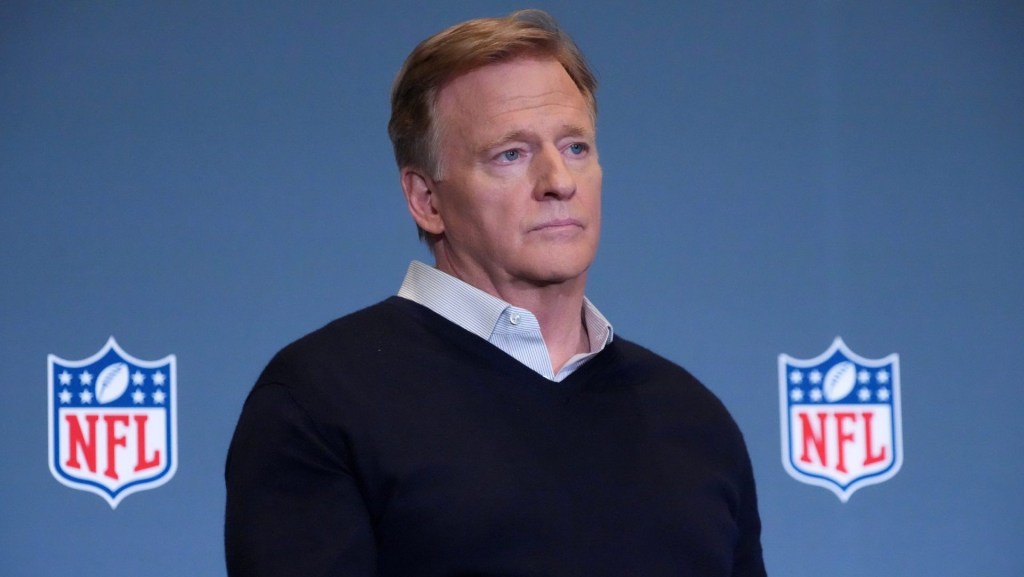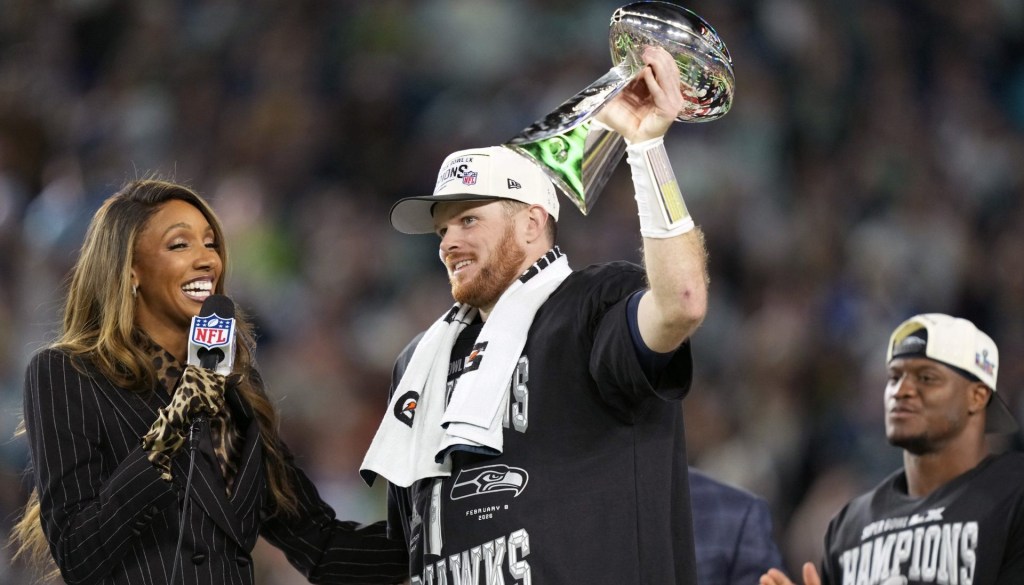NFL free agency officially begins Wednesday with the start of the new league year, but the “legal tampering” period begins Monday at noon ET when teams are permitted to contact, and enter into contract negotiations with, players’ agents. So, here’s your annual reminder: Get ready for some misinformation.
Contract numbers in the NFL have long been inflated when being reported to the public, thanks mainly to the league’s aversion to fully guaranteed deals. That opens the door for some creative framing—like last week when Mike Evans’s new deal was widely reported to be for two years and $52 million. But there was a catch. According to Spotrac, Evans’s contract has $35 million in guaranteed money and will most likely be worth $41 million before incentives. (The Buccaneers would have to win the next two Super Bowls for Evans to receive the full $52 million.)
So who’s to blame for the confusion? “The agent is going to position it or spin it in the best light possible, so they can use it for recruiting purposes,” NFL contract expert Joel Corry, a former agent himself, tells Front Office Sports. Then there’s those responsible for relaying that questionable positioning. “The insider industry is very competitive,” Corry says. “They have relationships with agents, and there’s certain agents that they’ve done a solid to, that they know they’ll get a certain deal.”
About Those Aggregators …
Other growing sources for the distribution of those fluffed-up contract numbers—and sometimes more insidious information—are aggregator accounts and even sports impersonators.
“We have fallen victim a couple times,” ESPN’s Pat McAfee admitted on his show last week. “It’s gonna happen. This is the new modern day.” McAfee was speaking with Michael Lombardi, a former NFL general manager, who was lamenting two of his quotes being taken out of context and strung together.
In those situations, do aggregator account owners, or even the social media apps they’re using, carry any liability? “It’s a very thorny legal issue that centers around the First Amendment,” says Irwin Kishner, co-chair of the ports law group at Herrick, Feinstein LLP. Ultimately, Kishner says the juice probably isn’t worth the squeeze for anyone trying to take legal action.
As McAfee said, misinformation is the new reality, like it or not. So, don’t believe everything you see this week. You heard it here first.
